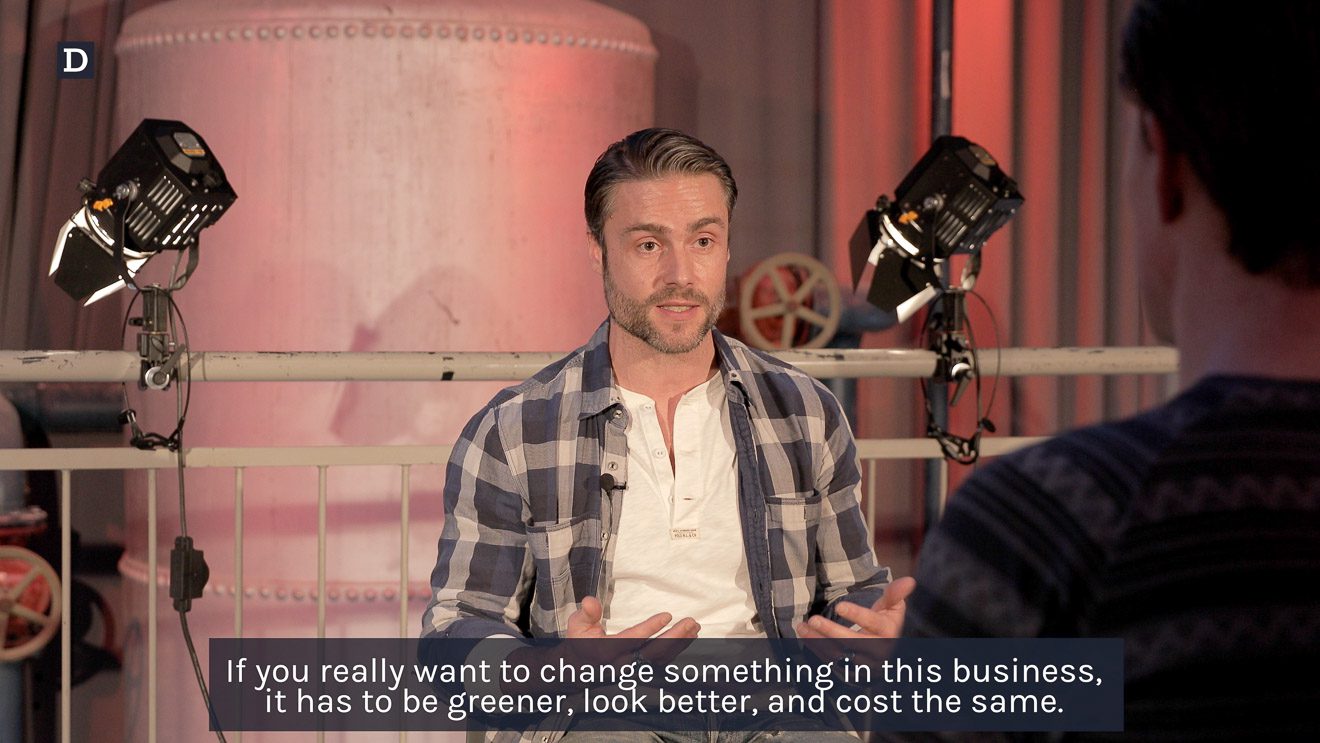You don’t want to look back and know you could have done better
In devastating times, it’s important to dig deep. But during the Great Recession, the opposite was often the case. Management in many organisations showed neglect and even lack of determination.
As I mentioned in my previous article about leadership during crises, this is not simply something I believe. It’s fact. The arguments below are takeaways from one of the biggest studies of management on the flip side of the last financial crises.
Let’s look at the way managerial behaviour during crises is linked to relationship and service. In other words, how suppliers and customers were treated. And most interestingly the striking difference in service between how those that ended up winners and those that lost.
Psst … need help getting your business through the crisis? We can help. Schedule your consultation right here.
It’s not every man for himself!
During the Great Recession, it was every man and company for themselves. The study tells us so.
Knowing this, it’s easier to grasp why the majority of companies acted the way they did (although it doesn’t make it any less wrong).
Here’s how many how companies acted:
- Focused 100% on own business – trying to survive.
- BTB/BTC communication was about selling own stock with a discount (often a huge discount).
- Pushing promotions and brand communication to customers about reductions and further reductions.
- Offering reductions and in return trying to force rapid payment.
- Promotions didn’t have any impact, which meant marketing spend was cut and marketing departments were discontinued.
- Trying to balance the financial situation by not paying the suppliers on time.
- Changing internal policies – not paying attention to terms of payment on any invoice but granting oneself 120 days + as a new normal standard.
- Paying the large bills first, afraid of consequences, leaving small and medium suppliers waiting to get paid.
On a depressing side note: During the recession, law firms that specialised in getting payments settled between companies – killing good relations between companies – were prospering.
Forgot what you learned at (business) school
On the other hand, those that did the unexpected, the disruptors, show quite the opposite behaviour. The greater and more sustainable conduct – in retrospect to most – a hugely disruptive conduct.
After 2008/09, some educational institutions admitted and accepted (for the first time) that business education, in general, was killing creativity, leaving companies with little distinctiveness or room to act against the norm.
Disruptors were disrupting because they weren’t schooled like everybody else.
In fact, most of them hadn’t gone to business school at all. They just had the necessary passion and creativity to think differently.
But don’t be fooled by what seems to be a blind eye. These companies knew what they were doing.
10 ways to improve your service
Here are some of the ways you can positively and creatively disrupt by giving your customers and supplier (even) better service:
#1: Reach out to customers and suppliers.
#2: Share staff competencies to boost your customers’ business.
#3: Buy back stock of long-term commercial value.
#4: Sell your the customers’ stock from your own platforms.
#5: Be in constant dialogue with customers and suppliers to secure long-lasting and strong relations.
#6: Make an extra effort to pay the small suppliers first – and before expected.
#7: Renew contracts with big suppliers with better terms of conditions but dismissed the element of bonus.
#8: Changed terms of payment offered to customers – from 30 days to 90 and even 120 days.
#9: Give 60 extra days of payment on old invoices.
#10: Launch new product in commission.
On top of doing all of the above, the disruptors trained and anchored staff in these actions, letting them know how important service and relation was. Thereby, subsequently, telling staff how important they were to the survival of the company.
This action led to very strong and focused staff commitment, which was previously seldom observed.
I remember asking one CEO from an SME company about the reasons or rationale for these disruptive actions. The answer was as simple as it could be:
If there are no suppliers nor customers, there is no you!”
The disruptors had not just led the companies on a sustainable and passionately path. They also managed to have very passionate employees – more about the staff and individually self-fuelled passion for your work soon.
Key takeaways of this post
So why don’t most companies do this? Well, properly because they’re trained to do a business in a certain way.
Don’t risk letting yourself or anybody you work with (who has a ‘good education’) mislead you.
If you need our help getting your business through the crisis, we can help you. Learn more about what we can do and schedule a consultation here.
Share





